Blog Posts Tagged Heat Transfer Module
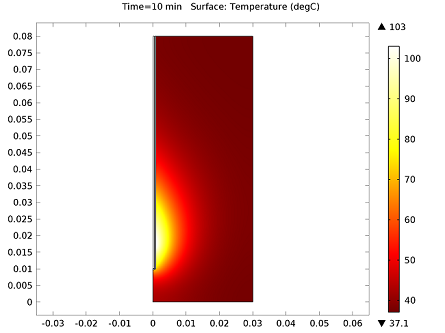
Hyperthermic Oncology: Hyperthermia for Cancer Treatment
Hyperthermic oncology: A type of cancer treatment in which high temperatures are used to destroy tumor cells. Learn about the physics behind this method and how simulation can be used to improve it.

Powerful Packaging for Electronics in Extreme Environments
U.S.-based Arkansas Power Electronics International is designing power packaging for improved thermal management in power electronics devices, increased efficiency, and lower costs.
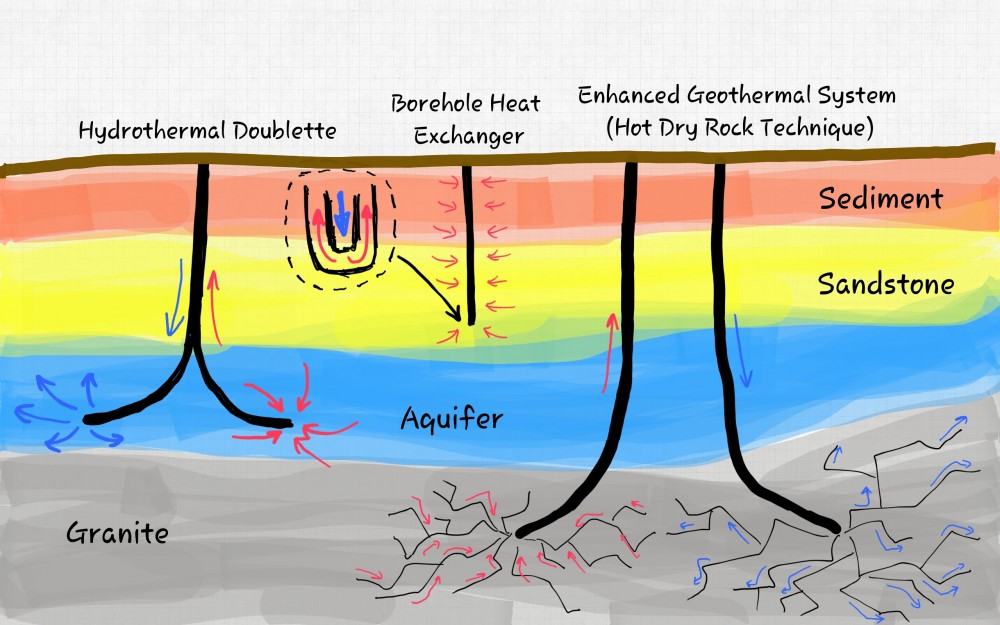
Modeling Geothermal Processes with COMSOL Software
Read Part 1 of our Geothermal Energy blog series here. You’ll get an introduction to the concept of modeling geothermal processes and the many physical phenomena involved.
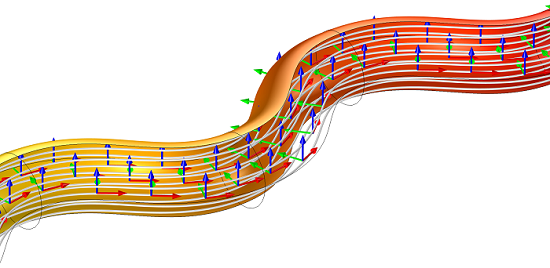
Defining Curvilinear Coordinates for Anisotropic Materials
Consider a carbon-fiber-reinforced polymer with woven fibers embedded in an epoxy matrix. How can you express the anisotropy by referring to the well-known Cartesian coordinate system?
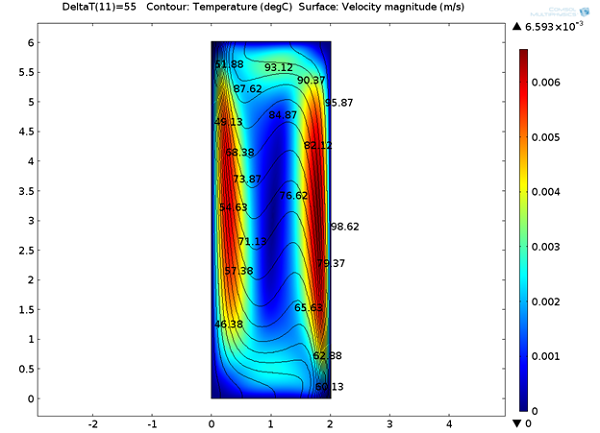
Buoyancy-Driven μPCR for DNA Amplification
True crime + simulation: The more DNA in a sample, the easier it is to accurately test and identify biomolecules, cells, and even an entire person during forensic investigations.
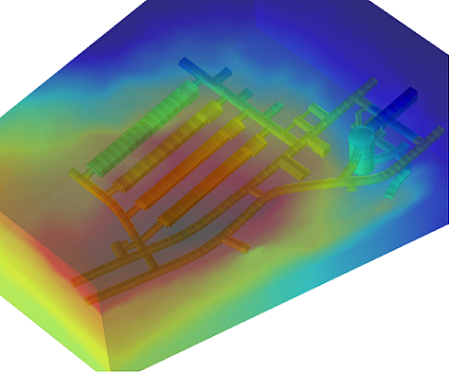
Amphos 21: Modeling Coupled Thermo-Hydro-Mechanical-Chemical Phenomena
A guest blogger from Amphos 21, a COMSOL Certified Consultant, discusses the company’s iCP technology for modeling coupled thermo-hydro-mechanical-chemical phenomena.
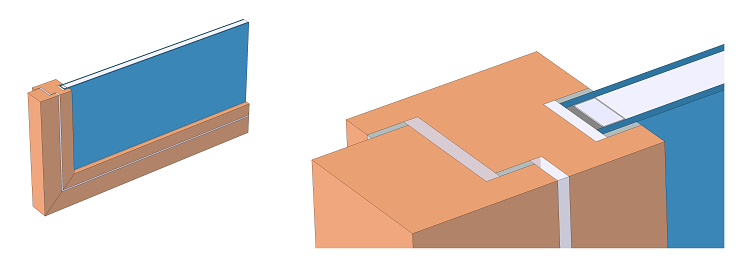
Simulating Thermal Performance in Windows
Windows must be able to keep heat out during the summer and heat in during the winter in order to keep the inside of a building at a comfortable temperature, a process called thermal insulation.
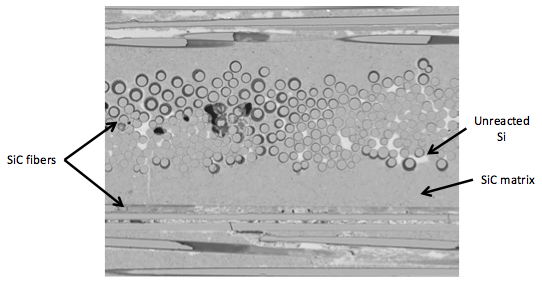
Multiphysics Analysis of Advanced Materials: Ceramic Matrix Composites
A guest blogger from AltaSim Technologies discusses ceramic matrix composites and how to accurately analyze the production of such an advanced material.
